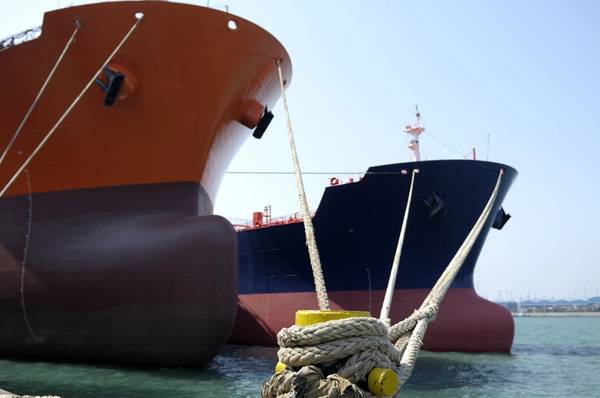
Oil prices are at more than three-year highs, driven by an expectation that renewed U.S. sanctions on Tehran over the country's nuclear program will disrupt Iranian crude flows.
But without the Europe Union, or Iran's other big crude customers, joining the effort, as the EU did in 2012, it will be harder for Washington to hit Iran where it really hurts.
U.S. President Donald Trump has given Britain, France and Germany a May 12 deadline to fix what he views as the flaws of the 2015 nuclear deal, or he will reimpose sanctions.
Trump has all but decided to withdraw from the agreement, sources said, though exactly how he will do so remains unclear.
Europe now buys close to a quarter of all Iranian oil exports, yet it is still the Asian heavyweights -- China, India, Korea and Japan -- that take the bulk of the shipments.
Turkey is Iran's other major non-Asian buyer and flows there have nearly trebled since January 2016, rising by 170,000 bpd.
Since January 2016, Iran's crude output has risen by around a quarter, or 800,000 bpd, to 3.82 million bpd, making it the sixth largest oil producer in the world.
Exports meanwhile, have more than doubled to record highs of 2.6 million bpd this April, up around 1.5 million bpd in the same time, most of which has been driven by shipments to refineries in the European Union.
France, Italy, Spain and Greece are Iran's biggest EU customers and Europe's share of the pie is a full 600,000 bpd larger now than it was in early 2016.
Over the three years of record global surplus of oil and refined products and rock-bottom prices, Iran has learned to do more with less.
According to the IMF, Iran will need an average oil price of $58.80 a barrel in 2018 to balance its budget, down from $100 back in 2014.
(Reporting by Amanda Cooper; Editing by Christopher Johnson)


